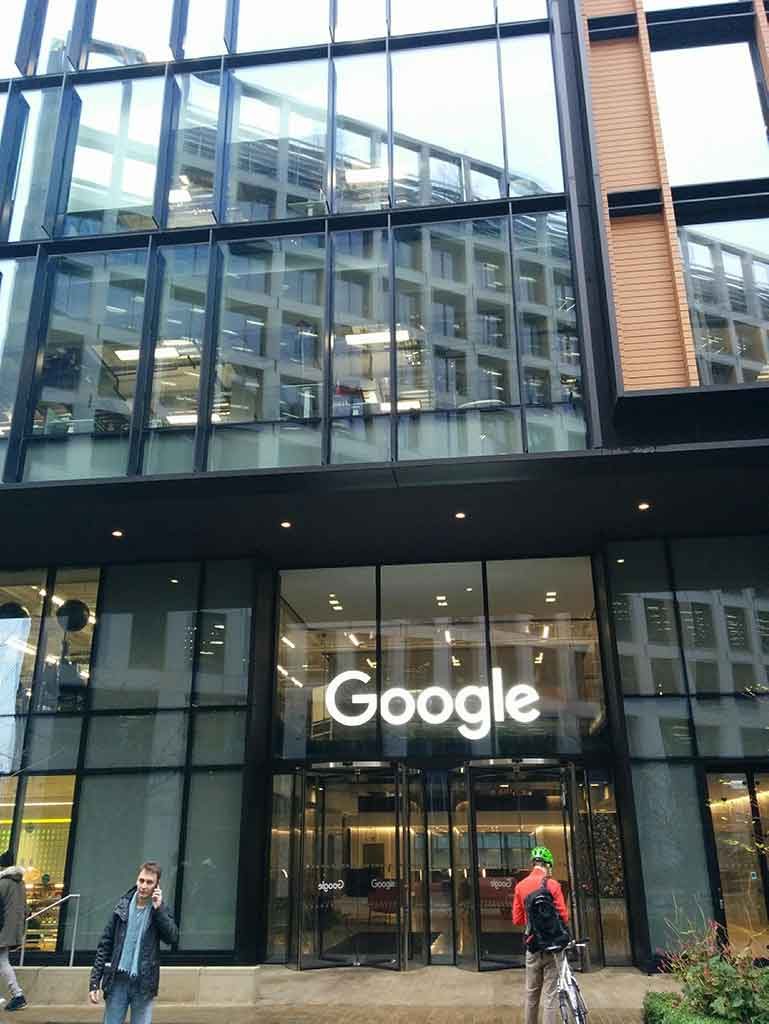Some critics of the EU claim the EU only looks out for big business and therefore don’t benefit individual citizens. However, the EU’s competition law actually benefits citizens as consumers by encouraging firms to cut costs and innovate.
It is illegal under EU competition law to enter into any agreement, either written or unwritten, that is anti-competitive. The sorts of agreements this applies to are covered in Article 101 TFEU, and it essentially boils down to anything that would prevent, restrict or distort competition within the EU’s single market.
This includes, for example, price fixing, bid rigging and attempts to limit or control production, markets, technical development or investment.
By prohibiting such agreements, the EU can better tackle cartels – a very serious form of anti-competitive behaviour. In this context, a cartel is described as an informal association or arrangement between two or more firms, in which firms share confidential commercial information about their own businesses and come to some kind of agreement about how to do business in the future in a way that reduces the competition between themselves. This increases prices so they all benefit from increased profits, while on the face of it appearing to compete. That is effectively cheating us, the consumers.
Taking on the tech giants
Another bit of EU competition law, Article 102 TFEU, prohibits firms that hold a “dominant position”. This is when a firm enjoys such economic power that it can behave, to a large extent, independently of effective competition pressures from its rivals. Again, this can lead to things like charging unfair prices, limiting production or refusing to innovate – all to the detriment of consumers.
The prime example of firms like this in the 21st century are the tech giants. The EU is leading the way in challenging these corporate behemoths.
Take the example of Google, which began pursuing an anti-competitive strategy for its comparison shopping service. Its dominance in general internet searches meant Google could make sure that its own shopping service was given more prominence over competitors.
The European Commission has the power to investigate possible breaches of the law and fine companies a percentage of annual turnover. For Google, this resulted in a fine of £2.1 billion.
Making anti-competitive behaviour illegal and standing up to corporate titans shows the EU putting its citizens first.


